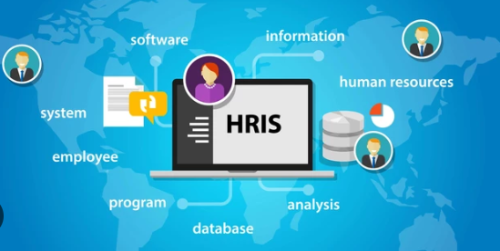Related searches

A VPA can perform a wide range of tasks, from scheduling appointments and sending reminders to managing emails and social media accounts. It can also help with more complex tasks, such as data analysis, financial management, and project planning. With its ability to learn and adapt, a VPA can become an invaluable asset to anyone who needs assistance with their daily tasks.
One of the biggest advantages of a VPA is its availability. Unlike a human assistant, a VPA can work around the clock, ensuring that tasks are completed promptly and efficiently. This makes it an ideal solution for busy professionals, entrepreneurs, and anyone who needs help managing their time and responsibilities.
Another advantage of a VPA is its cost-effectiveness. Hiring a full-time human assistant can be expensive, especially for small businesses and individuals. A VPA, on the other hand, is a one-time investment that can save money in the long run by reducing the need for additional staff or external services.
Despite its many benefits, there are some concerns about the use of VPAs. Some people worry that the increasing reliance on technology could lead to job loss and a decline in the quality of human interaction. However, many experts believe that VPAs will actually create new job opportunities, particularly in the field of technology and programming.
In conclusion, a Virtual Personal Assistant is a powerful tool that can help individuals and businesses save time, money, and resources. As technology continues to advance, it is likely that VPAs will become an increasingly popular solution for managing daily tasks and responsibilities. While there may be some concerns about the impact of VPAs on employment, the potential benefits make it a worthwhile investment for anyone looking to improve their productivity and efficiency.






